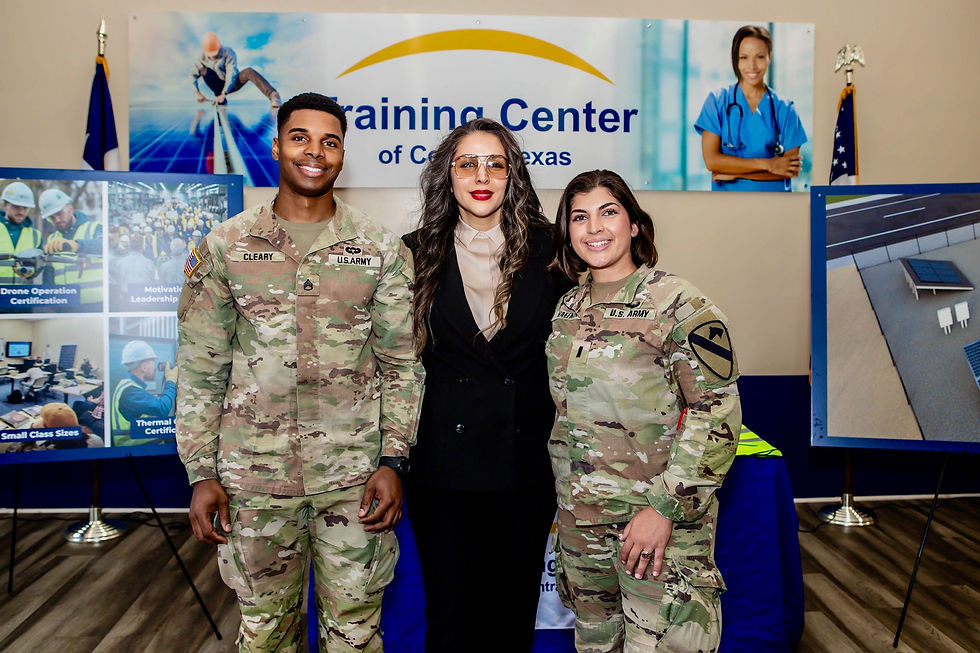Transforming EHR Training at CMA-AI
- Saran Lotfollahzadeh

- Apr 19
- 2 min read

A Personal Shift: From Overload to Opportunity
I still remember my early days in clinical rotations at medical school, when electronic health record (EHR) systems felt more like a chore than a tool. The screen was often at the nursing station, and I feared the human interaction in medicine was slowly lost to the clicks. But years later, standing in our CMA-AI simulation module, I watched one of our students confidently document an encounter using voice dictation and AI-powered prompts—and I realized: we’ve turned the corner.
Smarter EHRs for Smarter Clinicians
At CMA-AI Central Texas, our vision is that documentation is not just a task—it’s a critical part of patient care to optimize the quality of time for clinician-patient interaction. Our training incorporates next-generation EHR platforms, training on those features:
Voice recognition for efficient and accurate input
AI-powered suggestions for differential diagnosis and medication safety
Real-time clinical decision support that enhances situational awareness
This empowers students to focus on what truly matters—the patient, not the paperwork.
Reducing Burnout Before It Begins
One of the leading causes of provider burnout is documentation overload. By introducing intelligent EHR systems early in training healthcare allies, we’re not just teaching students how to chart—we’re teaching them how to chart efficiently and purposefully. Our students learn to:
Navigate digital records with clarity
Use voice-to-text tools for seamless narrative documentation
Recognize the value of timely, clean, and communicative charting in patient care
Why It Matters in Real-World Care
A recent graduate shared this: “My preceptor noticed I was getting through my documentation faster than other peers—because I’d already practiced on systems with built-in AI.” That feedback reaffirmed what we believe: the tools we train on matter just as much as the techniques.
At CMA-AI, we use technology to restore the patient-provider connection. By giving students access to AI-enhanced EHR systems, we are preparing them to enter clinics and level up the potential of CMAs in more efficient and quality patient care.
By Saran Lotfollahzadeh, MD, MSCR Candidate
MD, General Surgeon, Pediatric Surgery Sub-Specialist
MSCR Candidate
AHA Cardio-Oncology SFRN Fellow
Medical Director, CMA-AI Training Center of Central Texas
Instructor in Medicine



Comments